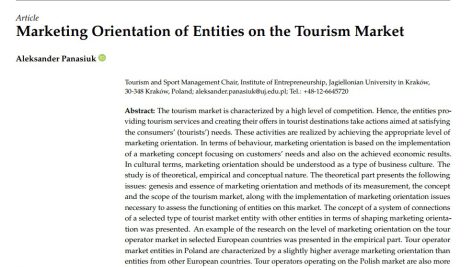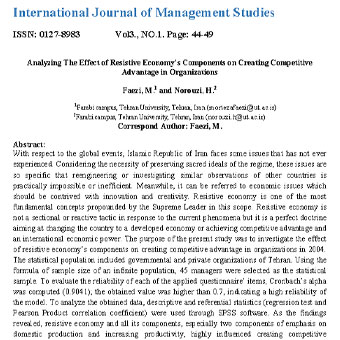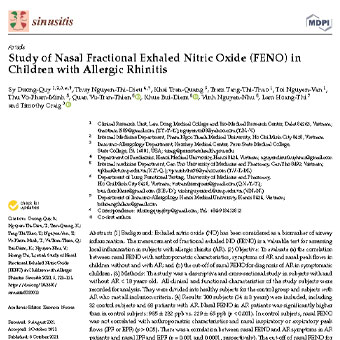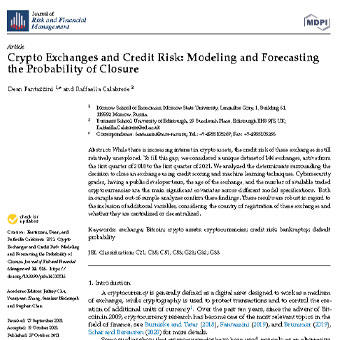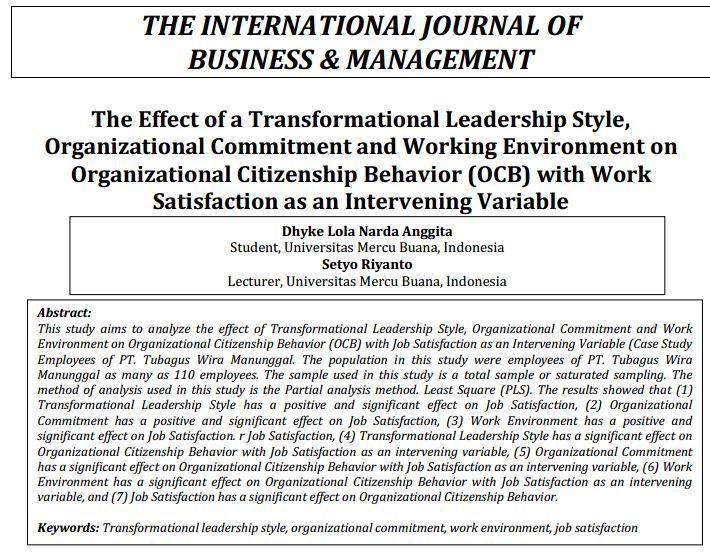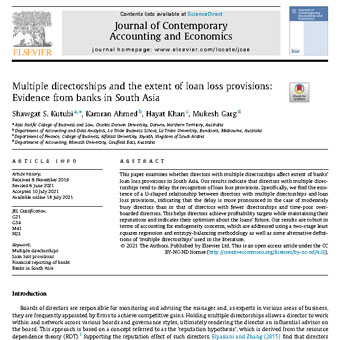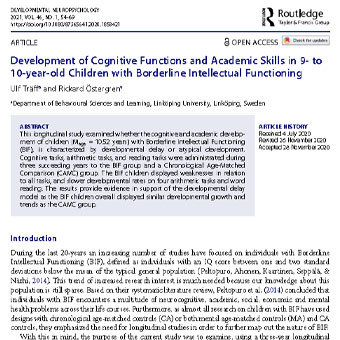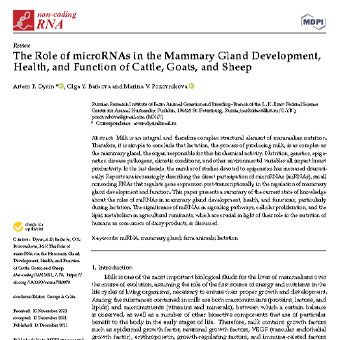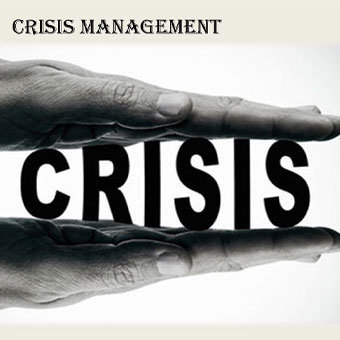عنوان فارسی مقاله:گرایش(جهت گیری) بازاریابی سازمان ها در بازار گردشگری
چکیده
بازار گردشگری با سطح بالایی از رقابت همراه است. از این رو، نهادهای ارائه دهنده خدمات و مقاصد گردشگری، اقداماتی را با هدف برآوردن نیازهای مصرف کنندگان (گردشگران) انجام میدهند. این فعالیتها با دستیابی به سطح مناسب جهت گیری یا گرایش بازاریابی محقق میشوند. از نظر رفتار، گرایش بازاریابی مبتنی بر اجرای یک مفهوم بازاریابی با تمرکز بر نیازهای مشتریان و همچنین بر نتایج اقتصادی به دست آمده است. از نظر فرهنگی، جهت گیری بازاریابی را باید به عنوان نوعی فرهنگ تجاری درک کرد. این مطالعه از نظر ماهیت نظری، تجربی و مفهومی است. بخش تئوری موضوعات زیر را ارائه میکند: پیدایش و ماهیت جهتگیری بازاریابی و روشهای اندازهگیری آن، مفهوم و دامنه بازار گردشگری، به همراه اجرای مسائل جهتگیری بازاریابی لازم برای ارزیابی عملکرد واحدها در این بازار. مفهوم سیستم ارتباطات یک نوع منتخب از موجودیت بازار گردشگری با سایر نهادها از نظر شکلدهی جهتگیری بازاریابی ارائه شد. نمونهای از تحقیق در مورد سطح جهت گیری بازاریابی در بازار اپراتور تور در کشورهای منتخب اروپایی در بخش تجربی ارائه شد. نهادهای بازار اپراتور تور در لهستان با گرایش بازاریابی کمی بالاتر از نهادهای سایر کشورهای اروپایی مشخص میشوند. اپراتورهای توری که در بازار لهستان فعالیت میکنند نیز از نظر سطح جهت گیری بازاریابی نسبت به نهادهای دیگر کشورهای اروپایی مورد بررسی تنوع بیشتری دارند. هدف اصلی این مطالعه انطباق موضوعات نظری و روش شناختی مربوط به ارزیابی سطح جهت گیری بازاریابی با نهادهای فعال در بازار گردشگری است. هدف خاص تجزیه و تحلیل سطح جهت گیری بازاریابی نهادها در بازار اپراتور تور است. روشهای تحقیق زیر مورد استفاده قرار گرفت: تحلیل انتقادی منابع موضوع، روشهای عملیات منطقی. مشاهده، روشهای کمی و پیمایش تشخیصی بر اساس پرسشنامه استاندارد.
- لینک دانلود فایل بلافاصله بعد از پرداخت وجه به نمایش در خواهد آمد.
- همچنین لینک دانلود به ایمیل شما ارسال خواهد شد به همین دلیل ایمیل خود را به دقت وارد نمایید.
- ممکن است ایمیل ارسالی به پوشه اسپم یا Bulk ایمیل شما ارسال شده باشد.
- در صورتی که به هر دلیلی موفق به دانلود فایل مورد نظر نشدید با ما تماس بگیرید.
 متن به فارسی | ترجمه مقالات و متون علمی | ترجمه و دانلود مقالات و انواع متون علمی و ادبی و پذیرش سفارش ترجمه
متن به فارسی | ترجمه مقالات و متون علمی | ترجمه و دانلود مقالات و انواع متون علمی و ادبی و پذیرش سفارش ترجمه
